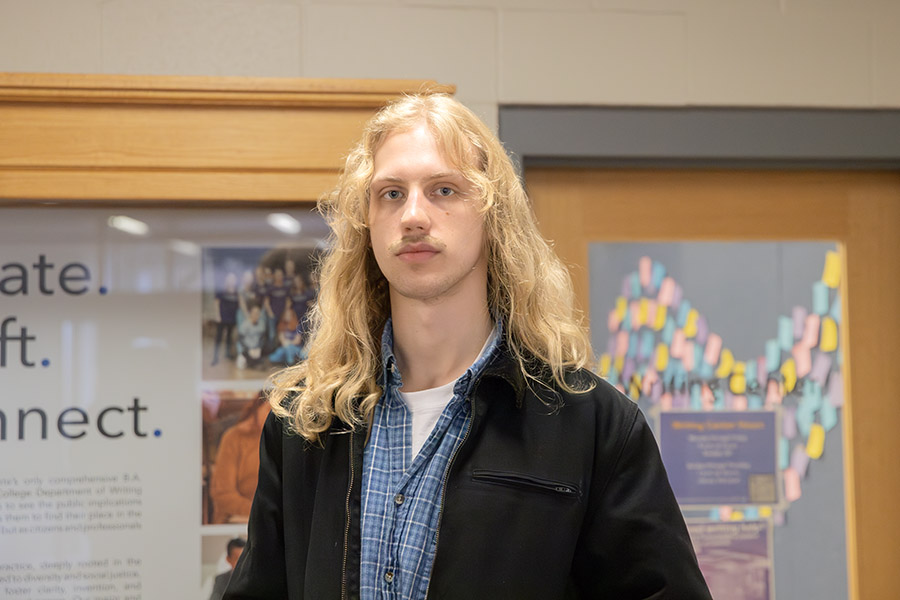What role does an affluent white teenager — literally and figuratively thousands of miles away from the Michael Brown case — play in the wake of the decision against the indictment of Darren Wilson? It can be confusing to understand the riots we’re watching happen in Ferguson, Missouri.
How can we understand people destroying the town they’re trying to defend — some threatening the officers who are supposed to protect them — when we live in towns whose streets remain empty in the face of injustice? When our nation stands up, faced with crisis, suburbia sits down on the couch and flips to Fox 5 News at 10.
We will never understand injustice and systematic oppression. We have been taught that the law is just; the law is right. The law protects us and our freedoms. It is confusing to us when people act out against a judge’s decision, a decision upheld by the law that has always protected us. Often, the worst an officer has done in our towns is bust a house party or slap us with parking tickets.
But, unfortunately, we are lucky.
However, our privilege does not excuse us from the conversation. We may have distance from Ferguson, but it is we who are closest to the solution. Time and time again, America has proven that people listen to the 1 percent. People elect the 1 percent.
President Barack Obama and Brown’s family are correct in saying that violence is not the answer. My hope is that one of you — all of you — will be the answer. I’m not writing this to discount the protest, riots and rallies being led by minority groups in Ferguson, or anywhere in our nation.
I wanted to write this because those who have the privilege of affluence and of education need to care about what’s happening in Ferguson. The passionate tweets and Facebook posts I’ve seen from my peers inspire me, and I want to see that continue. It’s easy for all of us to judge or ignore the people who are marching for Brown, but the unfortunate truth is that it’s easiest for the privileged to be heard.











